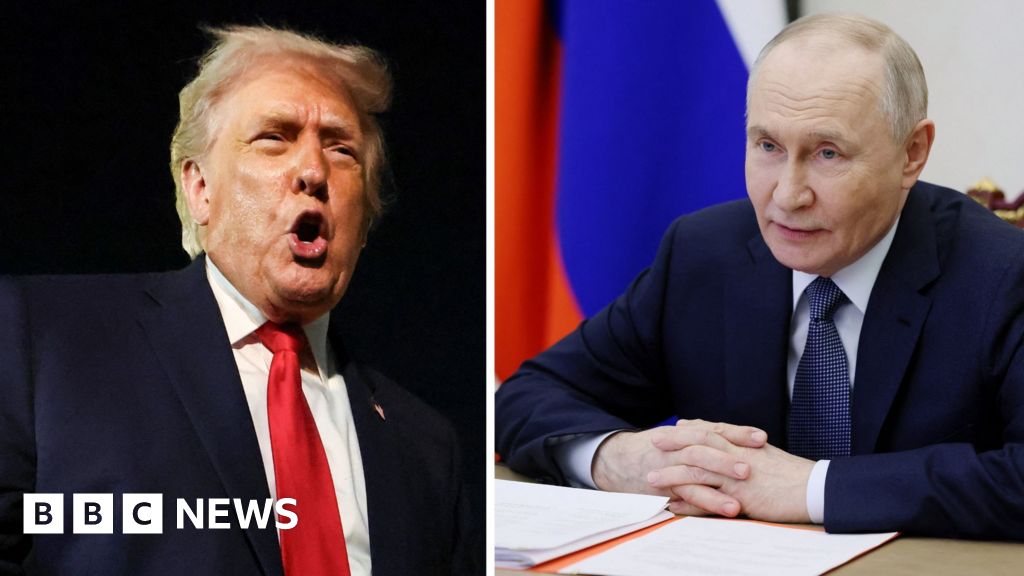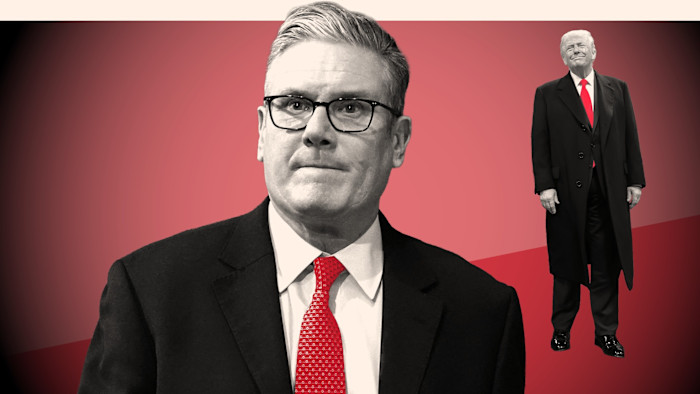President Donald Trump has confirmed he invited Vladimir Putin to join a US-proposed Gaza “Board of Peace”.
The board is part of Trump’s 20-point plan to end the Israel-Hamas war and expected to temporarily oversee the running of Gaza and manage…

President Donald Trump has confirmed he invited Vladimir Putin to join a US-proposed Gaza “Board of Peace”.
The board is part of Trump’s 20-point plan to end the Israel-Hamas war and expected to temporarily oversee the running of Gaza and manage…
Bujumbura, 25 November 2025: In response to the security challenges posed by the illicit proliferation of small arms and light weapons (SALW) in the Great Lakes region, Burundi continues to strengthen its national arms control framework. In this…

Traders work on the floor of the New York Stock Exchange, in New York, Jan. 6, 2026.
Brendan McDermid | Reuters
Stocks suffered big losses Tuesday after President Donald Trump intensified his rhetoric on Greenland, threatening to impose new tariffs…

Sir Keir Starmer, UK prime minister, on Tuesday prepared to turn his back on US President Donald Trump’s proposed “Board of Peace”, as Britain’s fabled “special” relationship with the US reached a nadir.
Trump’s claim that Britain…
GAZA, Jan. 20 (Xinhua) — Hamas said Tuesday that government bodies in Gaza under its control have begun facilitating the work of a newly-formed Palestinian technocratic committee tasked with governing the enclave in the post-war phase.
…